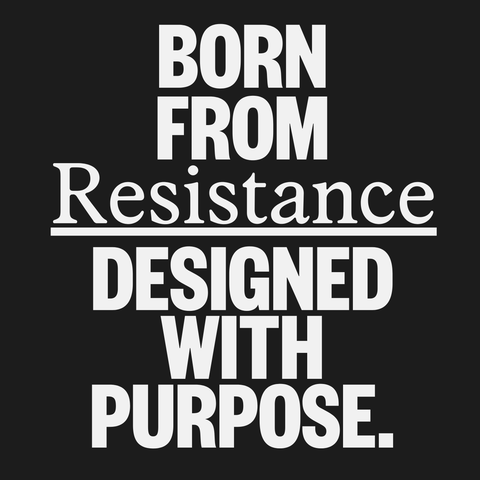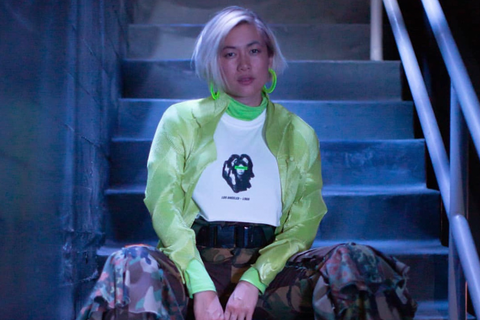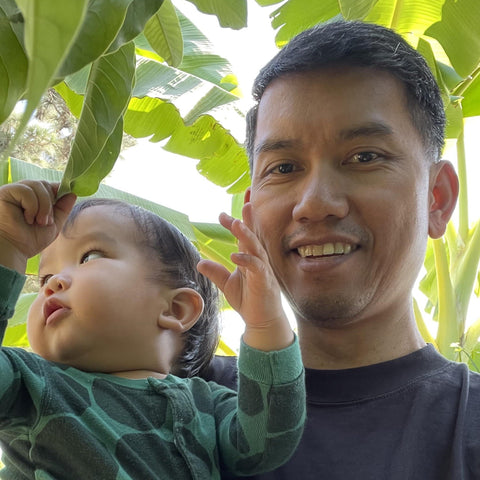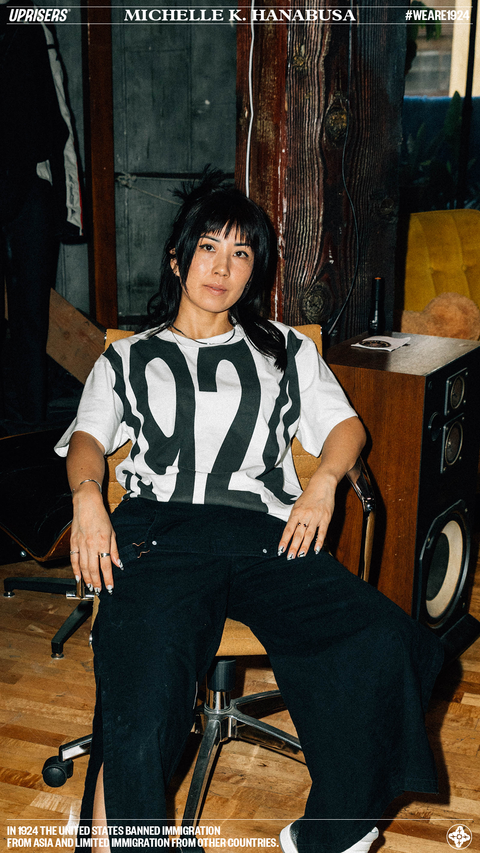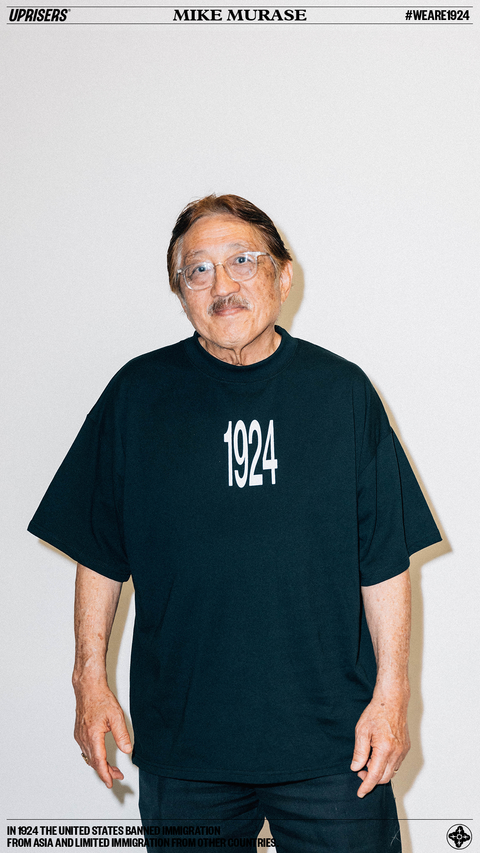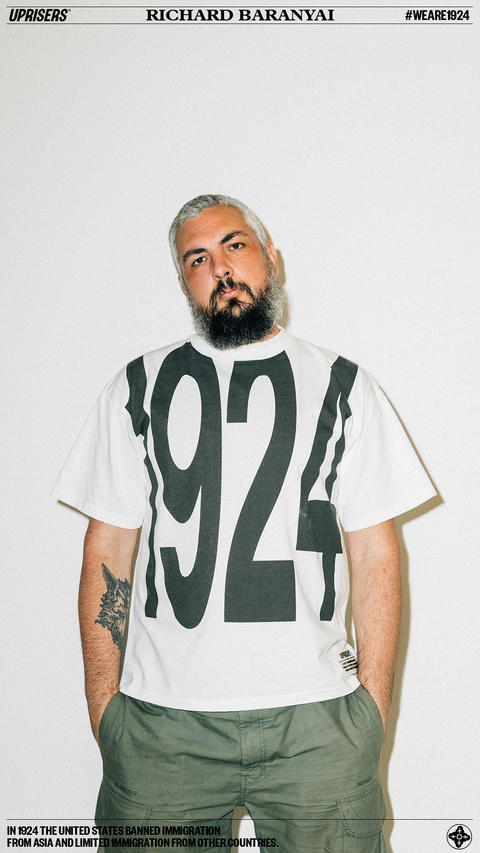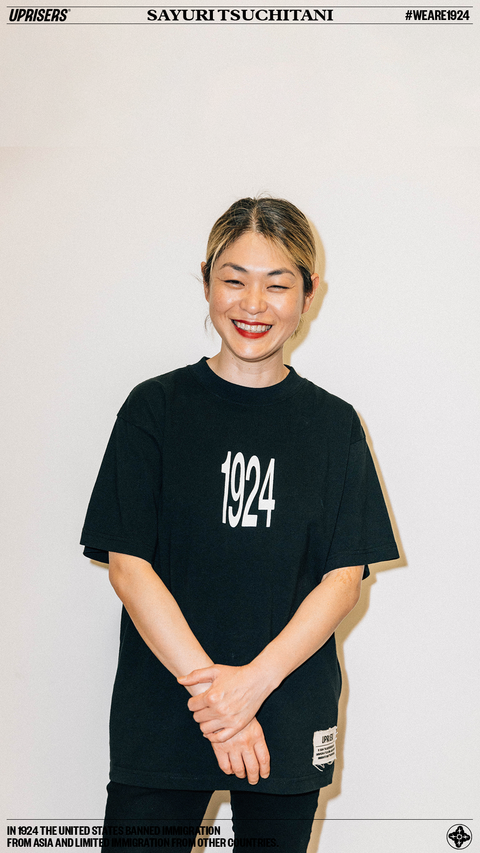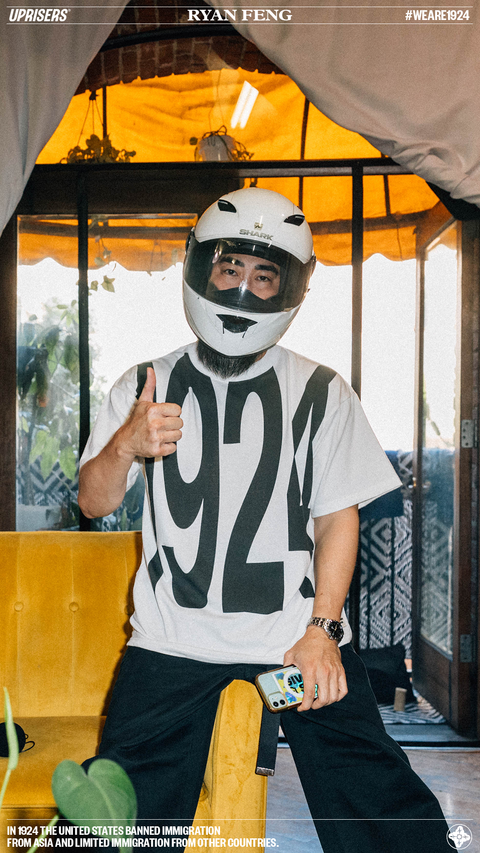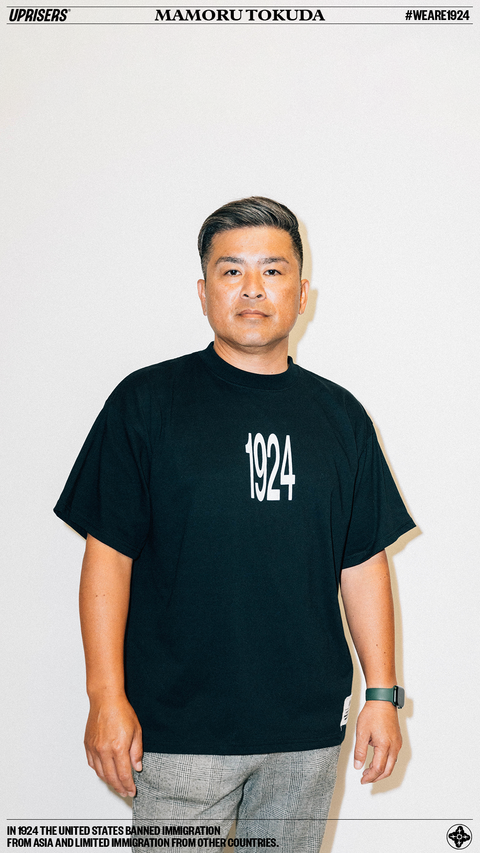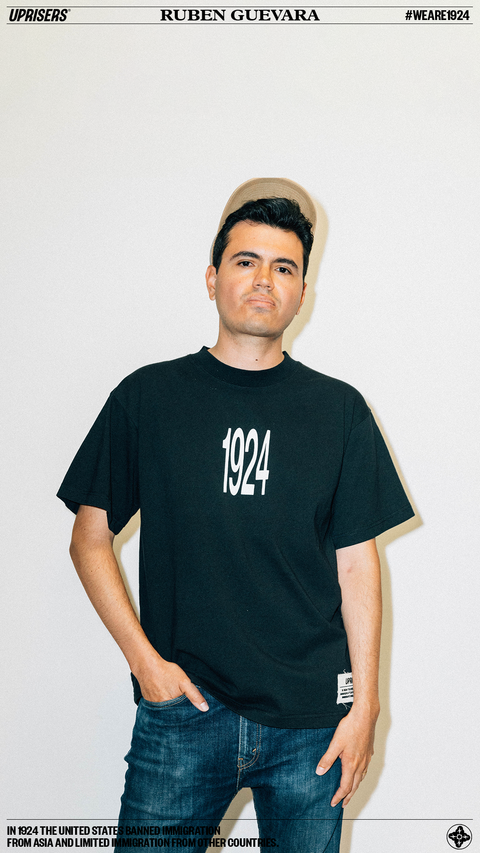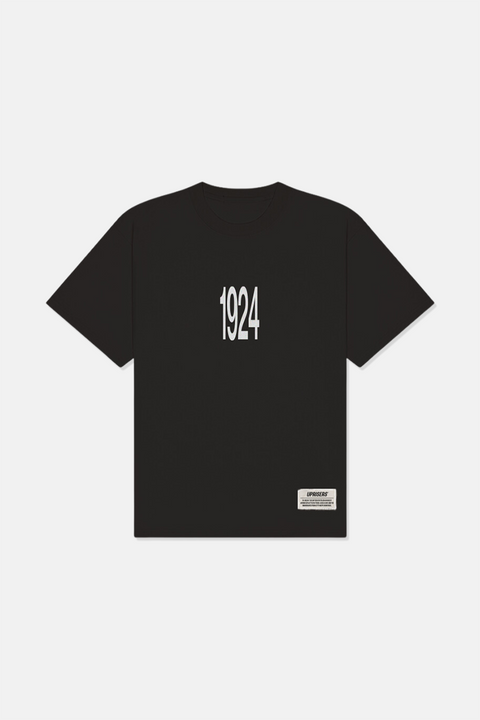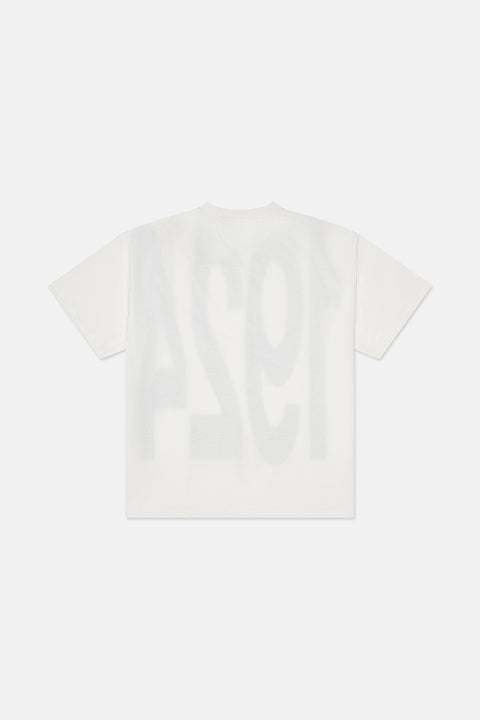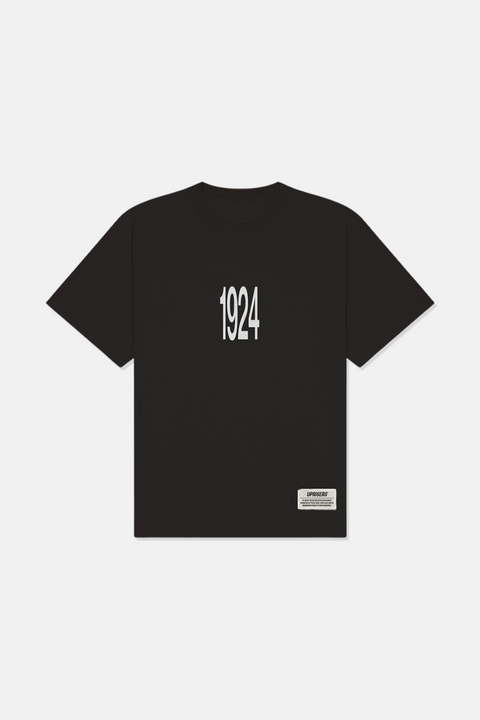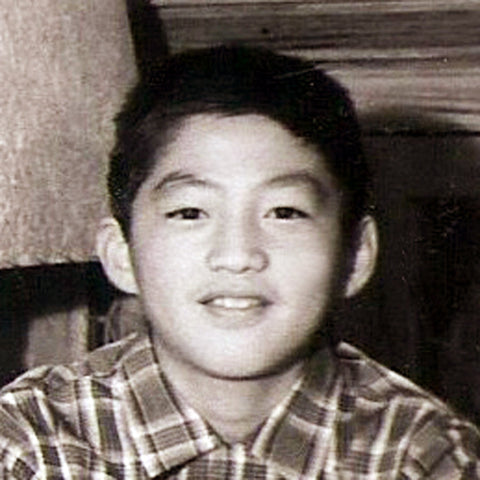
WHAT IS YOUR IMMIGRATION STORY?
Mike Murase is a community activist, organizer, and an immigrant.
Back in 1900, my grandfather on my father's side was 17 years old and he had heard about other young men from Japan coming to the United States to look for opportunities. So he went out to Yokohama from Okayama Ken and sought out various jobs and finally landed a job working on an American ship that transfers the Pacific. And he felt very lucky to be able to go on this adventure. And so he crossed the Pacific back and forth, handling cargo at each of the ports. And on one occasion, when the ship landed in Seattle, my grandfather saw this opportunity to go on land. and soon as he hit land, he ran. He was what's called in modern times as a ship jumper. And there are many people like that that did that to try to come into the United States at that time.
I came to the U.S. as a nine-year-old child with my family. We settled in an area of Los Angeles, now known as South Central LA or the Crenshaw District. And the demographics of that area were mostly black and a significant number of Japanese Americans, many who had come back from camps during World War II. And so all the Nisei families and my father's immigrant family were all trying to rebuild their lives, to establish themselves after some difficult situations.
WHAT DOES YOUR CURRENT JOURNEY LOOK LIKE?
We talk about discrimination, racism, key moments in history that are still affecting our communities today and the 1924 Immigration Act sent a CLEAR MESSAGE of who belonged and who wasn’t welcome in the United States. Harmful stereotypes of our immigrant communities continue today but they look nearly identical to the hateful behavior we engaged in over 100 years ago.
Generational cohorts, Sanseis, New Immigrants, also many of us, you know, learn from the civil rights movement, learn from the ethnic studies struggles, and learn that, you know, the communities and groups of people need to stand up and to unite with each other to fight for a common cause. And so I think the path forward, I think, is in the same way, especially in 2024, there are many difficult situations, including a rise in white supremacy, rise in racism, rise in anti-immigrant sentiments, anti-Asian sentiments. So I think...While progress has been made, I think we're far from done. We have to continue to make sure that we can live up to the promise of the US being a democratic country that treats all people as equals.
REFLECTIONS
 "I think the way I looked at my life is that I had sort of an unusual life in the sense that I was a Sansei born in Japan and I had difficulty adjusting to even getting along with other Sansei that lived in this country.
"I think the way I looked at my life is that I had sort of an unusual life in the sense that I was a Sansei born in Japan and I had difficulty adjusting to even getting along with other Sansei that lived in this country.— Mike Murase, a community activist, organizer, and an immigrant.

